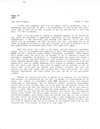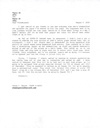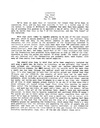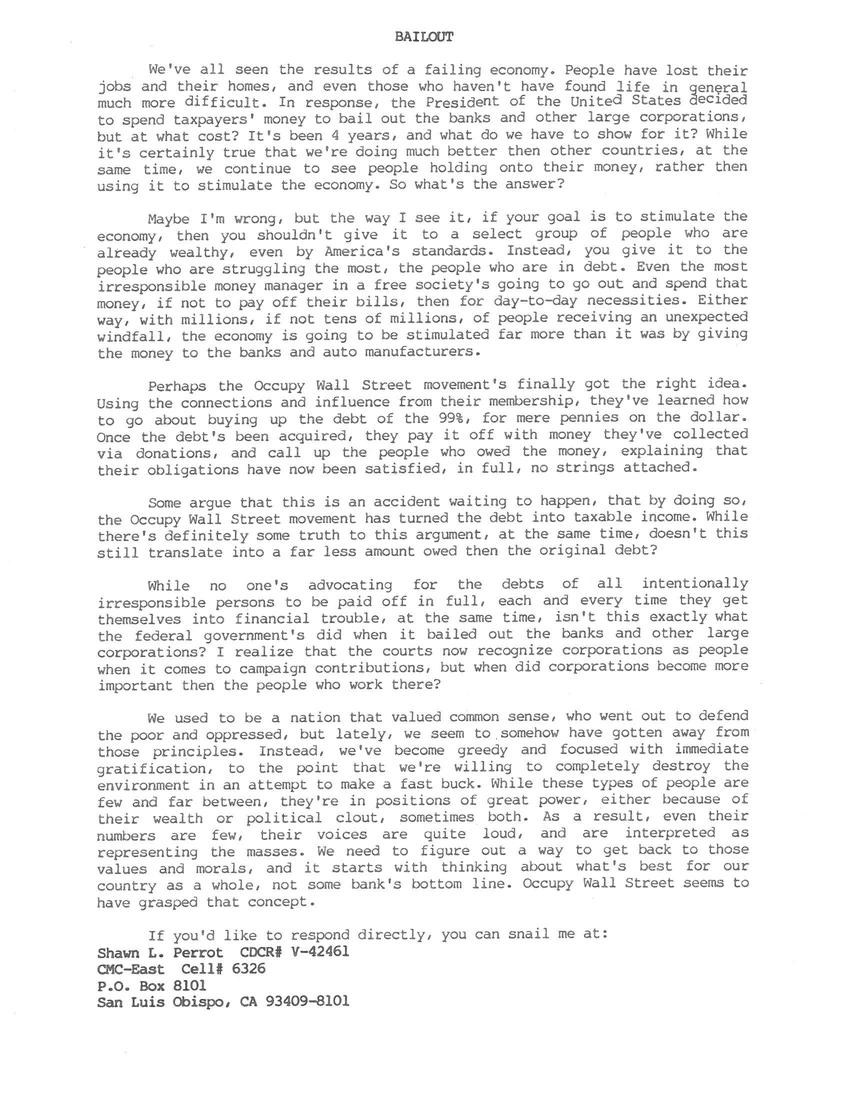
Transcription
BAILOUT
We've all seen the results of a failing economy. People have lost their jobs and their homes, and even those who haven't have found life in general much more difficult. In response, the President of the United States decided to spent taxpayers' money to bail out the banks and other large corporations, but at what cost? It's been 4 years, and what do we have to show for it? While it's certainly true that we're doing much better than other countries, at the same time, we continue to see people holding on to their money, rather than using it to stimulate the economy. So what's the answer?
Maybe I'm wrong, but the way I see it, if your goal is to stimulate the economy, then you shouldn't give it to a select group of people who are already wealthy, even by America's standards. Instead, you give it to the people who are struggling the most, the people who are in debt. Even the most irresponsible money manager in a free society's going to go out and spend their money, if not to spend pay off their bills, then for day-to-day necessities. Either way, with millions, if not tens of millions, of people receiving an unexpected windfall, the economy is going to be stimulated far more than it was by giving the money to the banks and auto manufacturers.
Perhaps the Occupy Wall Street movement's finally got the right idea. Using the connections and influence from their membership, they've learned how to go about buying up the debt of the 99% for mere pennies on the dollar. Once the debt's been acquired, they pay it off with money they've collected via donations, and call up the people who owed the money, explaining that their obligations have now been satisfied, in full, no strings attached.
Some argue that this is an accident waiting to happen, that by doing so, the Occupy Wall Street movement has turned the debt into taxable income. While there's definitely some truth to this argument, at the same time, doesn't this still translate into a far less amount owed than the original debt?
While no one's advocating for the debts of all intentionally irresponsible persons to be paid off in full, each and every time they get themselves into financial trouble, at the same time, isn't this exactly what the federal government's did when it bailed out the banks and the other large corporations? I realise that the courts now recognize corporations as people when it comes to campaign contributions, but when did corporations become more important than the people who work there?
We used to be a nation that valued common sense, who went out to defend the poor and oppressed, but lately, we seem to somehow have gotten away from those principles. Instead, we've become greedy and focused with immediate gratification, to the point that we're willing to completely destroy the environment in an attempt to make a fast buck. While these types of people are few and far between, they're in positions of great power, either because of their wealth or political clout, sometimes both. As a result, even their numbers are few, their voices are quite loud, and are interpreted as representing the masses. We need to figure out a way to get back to those values and morals, and it starts with thinking about what's best for our country as a whole, not some bank's bottom line. Occupy Wall Street seems to have grasped that concept.
If you'd like to respond directly, you can snail me at:
Shawn L. Perrot CDCR# V-42461
CMC-East Cell#6326
PO Box 8101
San Luis Obispo, CA
93409-8101
Other posts by this author
|
2020 aug 12

|
2020 aug 12

|
2020 may 30

|
2020 may 30

|
2020 may 30

|
2020 may 24

|
More... |


Replies